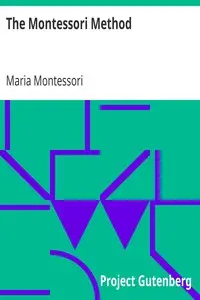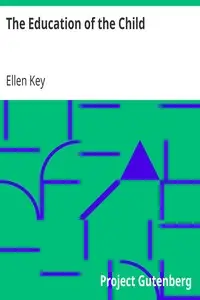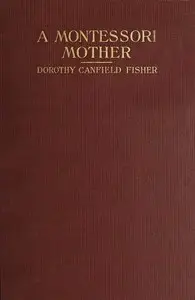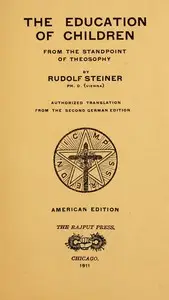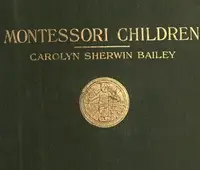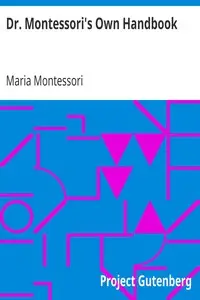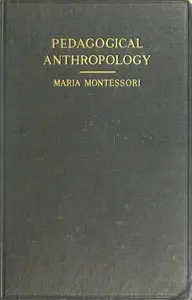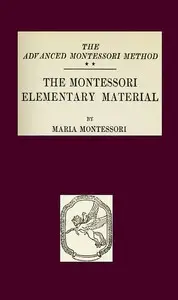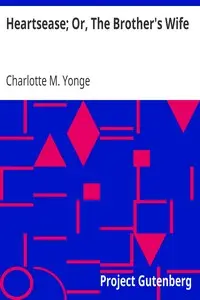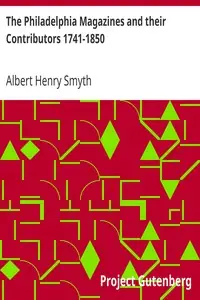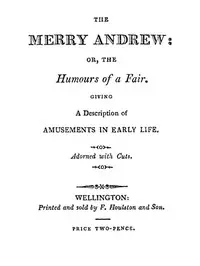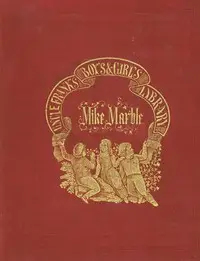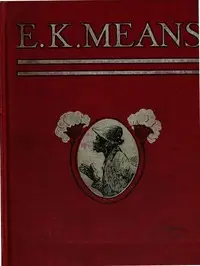"Spontaneous Activity in Education" by Maria Montessori is an educational exploration from the early 1900s that highlights the groundbreaking Montessori method, emphasizing the vital role of a child's liberty and a supportive setting in shaping their inherent growth. The book champions learning through natural curiosity as essential for a child's mental and physical well-being. Montessori begins her detailed discussion by drawing connections between a child's physical and mental demands, challenging common criticisms of educational approaches that prioritize a child's independence. She contends that genuine freedom—concerning both the spirit and body—is the best way to nurture complete development. Montessori also tackles widespread misunderstandings about raising and teaching kids noting that education should not stifle a child’s natural drive. By drawing parallels to the progress in infant care, she underscores how society has often overlooked the spiritual and emotional support necessary for comprehensive development, laying the foundation for an educational model rooted in freedom and esteem for a child's inherent skills.
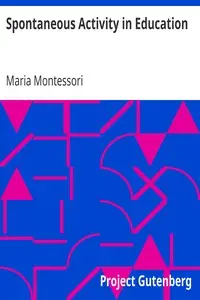
Spontaneous Activity in Education
By Maria Montessori
Discover how fostering a child's natural independence and providing a nurturing environment unlocks their full potential, revolutionizing education and nurturing their overall well-being.
Summary
About the AuthorMaria Tecla Artemisia Montessori was an Italian physician and educator best known for her philosophy of education and her writing on scientific pedagogy. At an early age, Montessori enrolled in classes at an all-boys technical school, with hopes of becoming an engineer. She soon had a change of heart and began medical school at the Sapienza University of Rome, becoming one of the first women to attend medical school in Italy; she graduated with honors in 1896. Her educational method is in use today in many public and private schools globally.
Maria Tecla Artemisia Montessori was an Italian physician and educator best known for her philosophy of education and her writing on scientific pedagogy. At an early age, Montessori enrolled in classes at an all-boys technical school, with hopes of becoming an engineer. She soon had a change of heart and began medical school at the Sapienza University of Rome, becoming one of the first women to attend medical school in Italy; she graduated with honors in 1896. Her educational method is in use today in many public and private schools globally.

